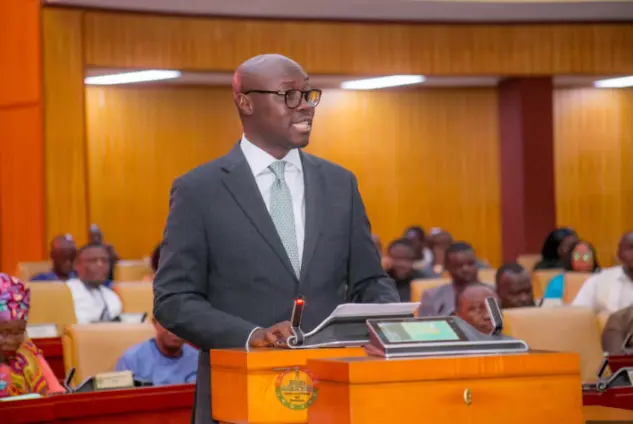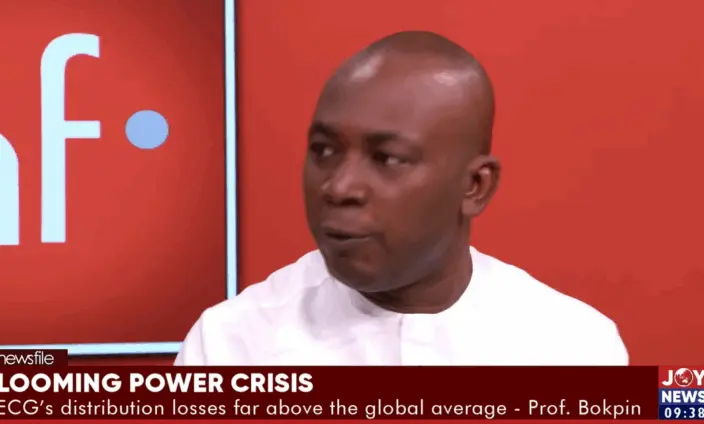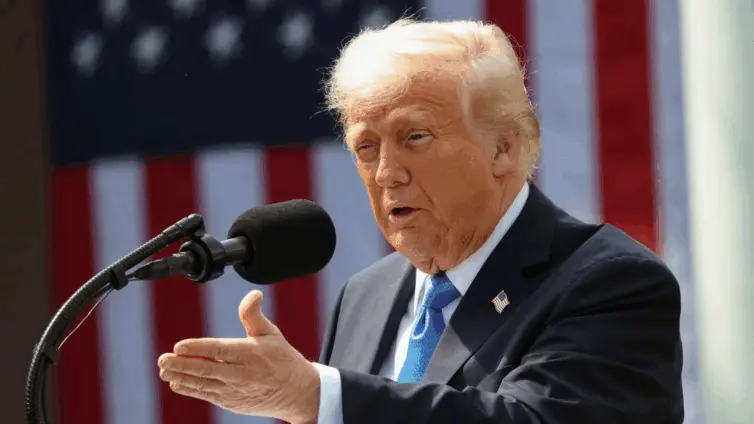For Ama Serwaa, a small-scale trader in Accra, the recent fluctuations in the Cedi have been a source of constant anxiety. One week, she’s celebrating a slight boost in her profit margins; the next, she’s grappling with inflated import costs that threaten her livelihood. It’s against this backdrop of economic uncertainty that Dr. Johnson Asiama, Governor of the Bank of Ghana, addressed the Monetary Policy Committee (MPC) recently, offering his assessment of the nation’s economic health.
Dr. Asiama’s speech painted a picture of cautious optimism, tempered by a recognition of significant challenges. While acknowledging some positive trends, he emphasized that restoring macroeconomic stability Ghana faces remains a complex endeavor, fraught with both domestic and global headwinds. This article will delve into Dr. Asiama’s analysis, examining the key issues and potential pathways toward achieving lasting macroeconomic stability Ghana needs, with a particular focus on the Cedi performance.
According to Dr. Asiama, recent data from the Ghana Statistical Service indicates a moderation in inflation. The April 2025 figures suggest a slowing of price increases. However, this moderation should not lead to complacency. The inflation rate remains significantly above the medium-term target band of 8 ± 2%, exceeding the upper consultation band of 19%. This persistent deviation underscores the need for continued vigilance and proactive policy measures.
In response to the concerning inflation outlook, the MPC made a decisive move in March 2025, raising the policy rate by 100 basis points to 28%. Dr. Asiama suggested that preliminary evidence indicates that this action has contributed to dampening inflation momentum. Whether or not this measure can pull Ghana out of its struggles with inflation remains to be seen.
Beyond the headline figures, Dr. Asiama highlighted several potential risks to the inflation outlook. These include potential second-round effects, which occur when initial price increases trigger further rounds of price adjustments throughout the economy. Food supply constraints, particularly in Northern Ghana and the Sahel region, also pose a significant threat. External price shocks, driven by volatile global commodity markets, represent another source of vulnerability.
One of the most notable developments in recent months has been the Cedi’s appreciation. Between April and May 2025, the Cedi experienced a sharp rise in value, appreciating by nearly 19%. This surge provided a welcome respite from the persistent depreciation that had plagued the currency in previous periods. The Cedi’s stronger performance helped to ease imported inflation pressures, making essential goods more affordable for ordinary Ghanaians. It also played a role in restoring public confidence in the economy.
Dr. Asiama attributed the Cedi’s appreciation to a combination of factors, stating, “Prudent monetary policy, improved market sentiment, and external sector gains, are the main drivers behind this growth.” Prudent monetary policy, implemented by the Bank of Ghana, has helped to stabilize the currency and curb speculative activities. Improved market sentiment, reflecting increased confidence in the Ghanaian economy, has attracted foreign investment. External sector gains, driven by higher export earnings, have bolstered the country’s foreign exchange reserves.
These factors have all combined to foster a more favorable environment for the Cedi.
Beyond the Cedi’s performance and inflation trends, Dr. Asiama pointed to other positive macroeconomic developments. Ghana recently reached a Staff-Level Agreement with the IMF on the Fourth Review of the ECF Programme. Although some prior actions remain outstanding, the overall trajectory is clearly positive. This agreement paves the way for the disbursement of further funds, providing much-needed support to the Ghanaian economy.
In a further boost to confidence, S&P recently upgraded Ghana’s sovereign rating from Selective Default to CCC+. This upgrade, while still reflecting a degree of risk, affirms the macroeconomic progress that Ghana has made in recent months. The rating agency cited the country’s improved fiscal position and its commitment to economic reform as key factors behind the upgrade.
Dr. Asiama also highlighted other positive indicators, including strengthened external reserves, an improved trade balance, and rising consumer and business confidence indices. These indicators suggest that the Ghanaian economy is gradually gaining momentum.
Despite these positive developments, Dr. Asiama cautioned against complacency, emphasizing that persistent challenges remain. As previously mentioned, the inflation outlook remains vulnerable to second-round effects, food supply constraints, and external price shocks. These factors could easily derail the progress that has been made in recent months.
Moreover, the Ghanaian economy faces a number of external risks. Rising geopolitical tensions and evolving trade dynamics, particularly the US-led tariff disputes, could have a significant impact on commodity prices, exchange rates, and financial flows in emerging markets, including Ghana. These external factors are largely beyond Ghana’s control, but they could nonetheless have a profound impact on the country’s economic prospects.
In conclusion, Dr. Asiama’s address highlighted the complexities of restoring macroeconomic stability Ghana faces. While acknowledging the positive developments, such as the Cedi appreciation, the IMF agreement, and the S&P rating upgrade, he emphasized the persistent challenges posed by inflation and global risks. While progress has been made, continued vigilance and prudent economic management are crucial for Ghana to achieve sustainable macroeconomic stability. Ghana’s economic trajectory needs consistent long-term planning. A closer look at the Cedi performance is critical for ensuring a healthy economy.
Image Source: MYJOYONLINE




















